Collective Leadership: Navigating the path to DEI Success

Collective Leadership: Navigating the path to DEI Success
In recent discussions about corporate culture and social achievement, inclusion, equity, and diversity are emerging as critical components.
Businesses are now gradually replacing leadership by a single individual with innovative models of collective leadership.
Mary Parker Follett, an early twentieth-century management thinker and social worker, made a significant impact on the notion of collective leadership. She believed that instead of merely receiving directives from higher-ups and adhering to a hierarchical management approach, individuals should have the capacity to access information themselves, define their own roles, and actively influence the course of their work lives.
What is Collective Leadership?
Collective leadership represents a shift from the customary hierarchical leadership models. It accentuates mutual accountability, collaborative decision-making, and the acknowledgment that leadership can manifest from any tier within an organization or community.
How Collective Leadership Shapes Inclusion, Equity, and Diversity
Symphony of Voices and Perspectives
Collective leadership brings together people with a variety of experiences and viewpoints. Organizations and communities benefit from a greater range of ideas and solutions when diverse individuals contribute to decision-making and problem-solving.
Every member is viewed as an integral element of the composition in this symphony, and their distinctive contributions are valued. Each member’s contribution is like a musical note, and when combined, they produce an exceptional symphony that echoes with innovation, talent, and shared responsibility.
Shared Accountability
In collective leadership, the concept of shared accountability refers to the idea that everyone in a team, group, or organization shares responsibility for the accomplishments or results of the group.
It switches the focus from individual effort and success to a more collaborative and team-oriented approach. As a result, team morale, motivation, and overall performance are typically improved.
“The strength of the team is each individual member. The strength of each member is the team.” – Phil Jackson.
Empowering Marginalized Voices
When the leadership team comprises individuals who share similar backgrounds and perspectives, understanding the difficulties experienced by their marginalized peers can be challenging.
In the latest Mckinsey report titled Women in the Workplace 2023 a Latina employee candidly shared her experience, saying, “It’s disheartening to be part of an organization for as many years as I have been and still not see a person like me in senior leadership. Until I see somebody like me in the C-suite, I’m never going to really feel like I belong.”
If your employees do not see people with comparable identities to them represented at various levels of management, they may believe that higher-level roles are out of reach. This can result in disengaged and unmotivated personnel who do not see a future for themselves within your firm.
Continuous Growth and Adaptive Strategies
Employees are encouraged to participate in diversity and inclusion training, workshops, and discussions by collective leaders. They foster an environment in which learning is not only encouraged but also expected, realizing that everyone plays a role in promoting DEI.
Strategies for inclusion and equity must be adaptable and responsive to changing conditions, demography, and societal trends. Leaders must accept that what works now may not work tomorrow, and they must be willing to adapt their strategies.
Conclusion
The emerging paradigm of collective leadership represents a significant step forward in the quest for inclusion, equity, and diversity. This strategy provides a road ahead in a world where diversity is a strength, not a problem, and where inclusion and equity are critical for societal progress. It encourages collaboration, accountability, and innovation, making it an effective tool for systemic change in organizations and communities.
INNoVA is dedicated to assisting businesses on their quest for diversity, inclusivity and equity. Through our comprehensive service offerings, we can aid your organization in cultivating a genuinely inclusive atmosphere, where every individual is appreciated and honored. Together, we will make your journey towards DEI a successful and transformative one.
For pricing, booking information, or to discuss custom training and consulting services for your organization, please contact us for more information.
Ancy Kuruthukulangara
Research Analyst
Join Our Newsletter
Join the INNoVA family! The best way to keep in touch and be informed on our hiring process.



